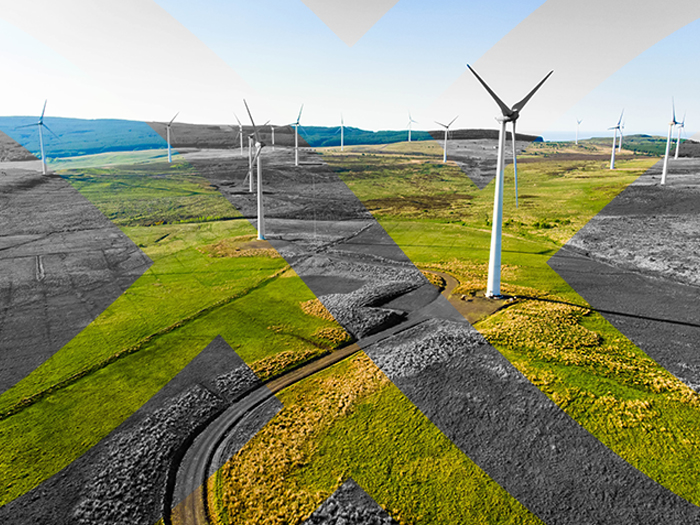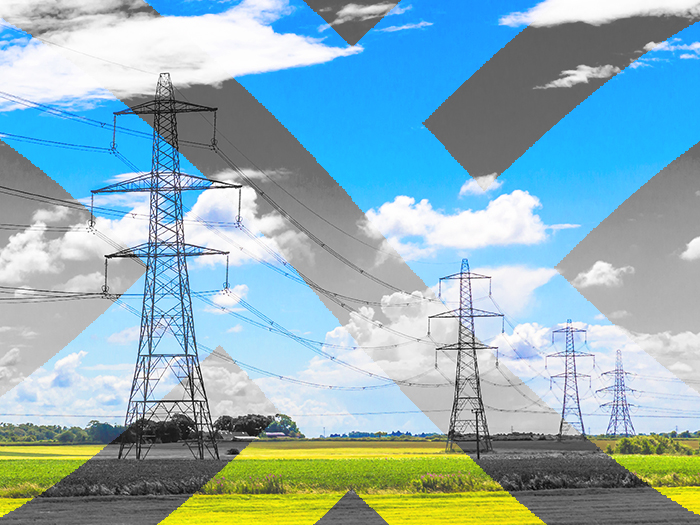News
better business decisions
Posted 1 year ago | 2 minute read

Ireland falling behind on renewable targets, says climate council
Urgent action is needed from the Irish government in order to meet its 2030 electricity capacity targets, the Climate Change Advisory Council has said.
In its annual review of the electricity sector, published on 13 May, the council said electricity emissions fell in 2023, driven by a notable rise in imported electricity from the UK coupled with a considerable decline in the use of coal for electricity generation. Generation from renewable sources increased slightly (accounting for 41% of electricity demand in 2023, up from 39% in 2022) primarily driven by solar power, but it remains significantly below the annual increase needed to meet growing demand and simultaneously satisfy 2030 targets for emission reductions.
By the end of 2023, the total renewable grid capacity in Ireland was 5.7GW, with the majority (4.7GW) from onshore wind. 0.6GW of new grid-scale solar (0.4GW) and onshore wind (0.2GW) generation was connected. This is significantly below the annual average increase of 1.6GW of onshore renewables required to meet 2030 capacity targets.
To maintain this trajectory the council has said it is crucial that the use of coal to generate electricity is stopped by 2025 and that the use of oil is phased out as soon as possible. But it warned that Ireland’s renewable electricity generation remains significantly below the required annual increase necessary to meet growing demand and simultaneously comply with the sectoral emissions ceilings.
It has made a series of recommendations, including a call to rapidly finalise all elements of planning reform to accelerate the deployment of renewable energy generation, with delays and appeals significantly hindering progress. In addition, the transposition of EU legislation will enable Ireland to avail of flexibility provisions that other European member states are using to roll out renewable projects faster.








